YES or NO?
The CHOISE is yours, Myanmar voters
Malaysiakini, The power of choice Yoga Nesadurai
There are many management theories in the market place to help organisations and individuals improve. I would like to introduce a fundamental theory that is very powerful and easy to apply but often overlooked. I am talking about ‘choice’.
Webster defines choice as, ‘a selection, an alternative, the right or power to choose’.
It comes down to a very simple step – to act or not to act on the choice.
It represents a verb, an action, thereby giving the chooser the power to choose from a selection or if just two, an alternative.
What it ultimately points to is that the power is with you.
To make a choice, we need options.
There are times when we have no options and therefore the choice is automatic.
But in most cases we do have options available to us and I want to work through the deduction process here.
Evaluating options
Now that we have deduced options, what does evaluating our options involve? :
It requires courage and commitment to act on your choice.
This is the ‘locking in’ step in the ‘power of choice’ process.
This is where courage comes in. No matter what the response, I still hold on to my original intent or choice – the courage to stand by my offering and the commitment to follow through with action.
Information or an event is the stimulus that makes us take action. There are various stimuli that present themselves everyday to us. Between the stimulus and our response, lies choice!.
Attitude is our ‘way of being’ or ‘steady state’. Generally, we are all aware of our general attitude towards people and situations. Sometimes due to circumstances, like having a bad day, our attitude could vary from its natural ‘steady state’.
Where information is the stimulus that helps us derive our options, attitude is the component that helps us make the choice from our options. Attitude is therefore an important ingredient in the choices we make. It has a huge impact in making our choice and its consequences.
Making great choices
We have all made unwise choices at some point in our lives.
-
It is sometimes inevitable,
-
sometimes intentional,
-
sometimes regrettable
-
and sometimes transformational.
Inevitable choices are where the alternative is not a viable option. This is a case where an organisation needs to downsize, assuming all other avenues have been explored. In this instance the best thing one can do is to carry this out in the most humane manner with honesty and integrity.
Intentional choices are where you know that the alternative option is the wisest option, yet you intentionally choose the opposite option. In organisations, this is when we may bypass a certain process or person intentionally for various reasons. Or where we circumvent a certain procedure because we have the power and privilege to do so. Corruption is a classic example of the latter
Regrettable choices are where at the point of making the choice you are ‘aware’ of what the wisest choice is, however your steady state or way of being at that moment stops you from acting on it. These are usually choices made when emotions are running high, where you regret your choice as soon as have you made it or regret the choice as the words have left your mouth.
How many of us have been in this situation in the workplace and personal life? The power is still in the chooser’s hands to undo the wrong and recover the situation.
Transformational choices are what we should all be aspiring to achieve. In this instance, we take control and are accountable for making great choices. Accountability means taking responsibility for the choices made.
Even if you have made an unwise choice, you are in control to remedy it or to deal with the consequences. It is a big responsibility to be accountable, but one with many rewards when executed.
Learning to make transformational choices gives us the power to be extraordinary, therefore directly impacting you as an individual and the organisation that you represent.
Choice is an active process. It is the difference between a customer continuing to do business with your organisation versus taking their business elsewhere. Use it wisely.
YOGA NESADURAI is founder of O & C Advisory, which focuses on choice as a basis for leadership and organisational development and executive coaching.
My comments and advice to all the Burmese
Yes the choice is yours_
There is a saying in Burmese that:
-
If you made a wrong choice in trade (wrong choice of cargo) trip you would lose one trip or one time only.
-
If you made a wrong choice in choosing the husband, you would lose your whole life. (Because usually Burmese practice monogamy and rarely divorce and have another marriage.)
-
But I wish to seriously remind all of you by adding another phrase_
If you all vote wrongly in the coming referendum, the future history of our country would be gone to dogs.
Sorry for using the harsh words, proverbial jokes and defamatory jibes applied to the dogs. It may be an insult to the dog-world, who are known to love and loyal to its owners.
But Myanmar Military or Tatmadaw do not love its owner Burmese people and is not loyal to its owner, Myanmar Citizens or Pyi Thu in Burmese. Although the dog would be willing to sacrifice its life for the master Myanmar Tatmadaw is always willing to sacrifice its masters for its selfish greed of power.
Be careful, think twice before voting. This is not just an election, which consequence would for one term of government only.
This is the referendum to rubber-stamp the continuous dominance of military dictatorship in Burma/Myanmar forever…
Daw Suu, 88 Generation Students, NLD, Ethnic Minorities and opposition leaders of all the religions and races had sacrificed a lot: in the jail, tortured, some away from home and country and many had sacrificed their lives.
-
What are you waiting for?
-
What are you scared of?
-
Are you not willing to make a minor sacrifice for your country, your race, your religion, your family, your relatives and for your future by taking a small risk of voting NO?
-
Don’t be intimidated by threats of the SPDC affiliated thugs.
-
You have shown your courage in 8888 revolution and Saffron Revolution.
-
This courage to vote is nothing when compare to the above revolutions.
-
If all the people or most of the people vote NO, what could they do?
-
Nothing at all!
-
They cannot arrest, torture or shoot and kill million of voters.
-
Just say NO! NO! NO! NO! NO! by voting NO in the coming referendum.
May you kindly allow me to refer back YOGA NESADURAI’s advice.
Please courageously make a Transformational choice by voting NO to transform our country from poor military dictatorship to truely progressive democracy.
Transformational choices are what we should all be aspiring to achieve. In this instance, we take control and are accountable for making great choices. Accountability means taking responsibility for the choices made.
Even if you have made an unwise choice, you are in control to remedy it or to deal with the consequences. It is a big responsibility to be accountable, but one with many rewards when executed.
Learning to make transformational choices gives us the power to be extraordinary, therefore directly impacting you as an individual and the organisation that you represent.
Choice is an active process. It is the difference between a customer continuing to do business with your organisation versus taking their business elsewhere. Use it wisely.
Filed under: 88 Student leaders, Blogging, Burma, Burmese, Burmese History, Burmese Way to Democracy, Comrades, Crimes against Humanity, Criminal, culture, Daw Aung San suu Kyi. NLD, Democracy, Democratic activists, democratization, Election, Election campaign, English Article, Ethnic Cleansing, Ethnic Minorities, Game Plan, Good Governance, Governmence, Government, Half past six Myanmar, History, Human Rights, Individual Freedom, Ko Htun Sein, Ko Mya Aye, Law, Loving kindness, Malaysiakini, Mental health, Minority Races, Moral High Grounds, Myanmar, Myanmar History, Myanmar Junta, Myanmar Military, National Reconciliation, opposition, opposition parties, Politics, Procrastination, reconciliation, referendum, Revolution, road map to democracy, Rule of Law, SPDC, SPDC crony businessmen, SPDC Generals, Than Shwe | Tagged: Burma, Malaysiakini, referendum, SPDC | Leave a comment »






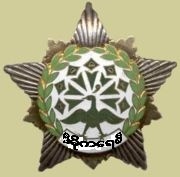

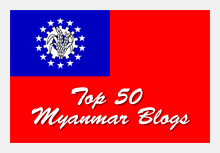
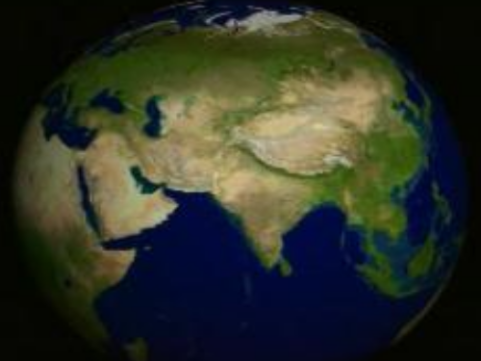



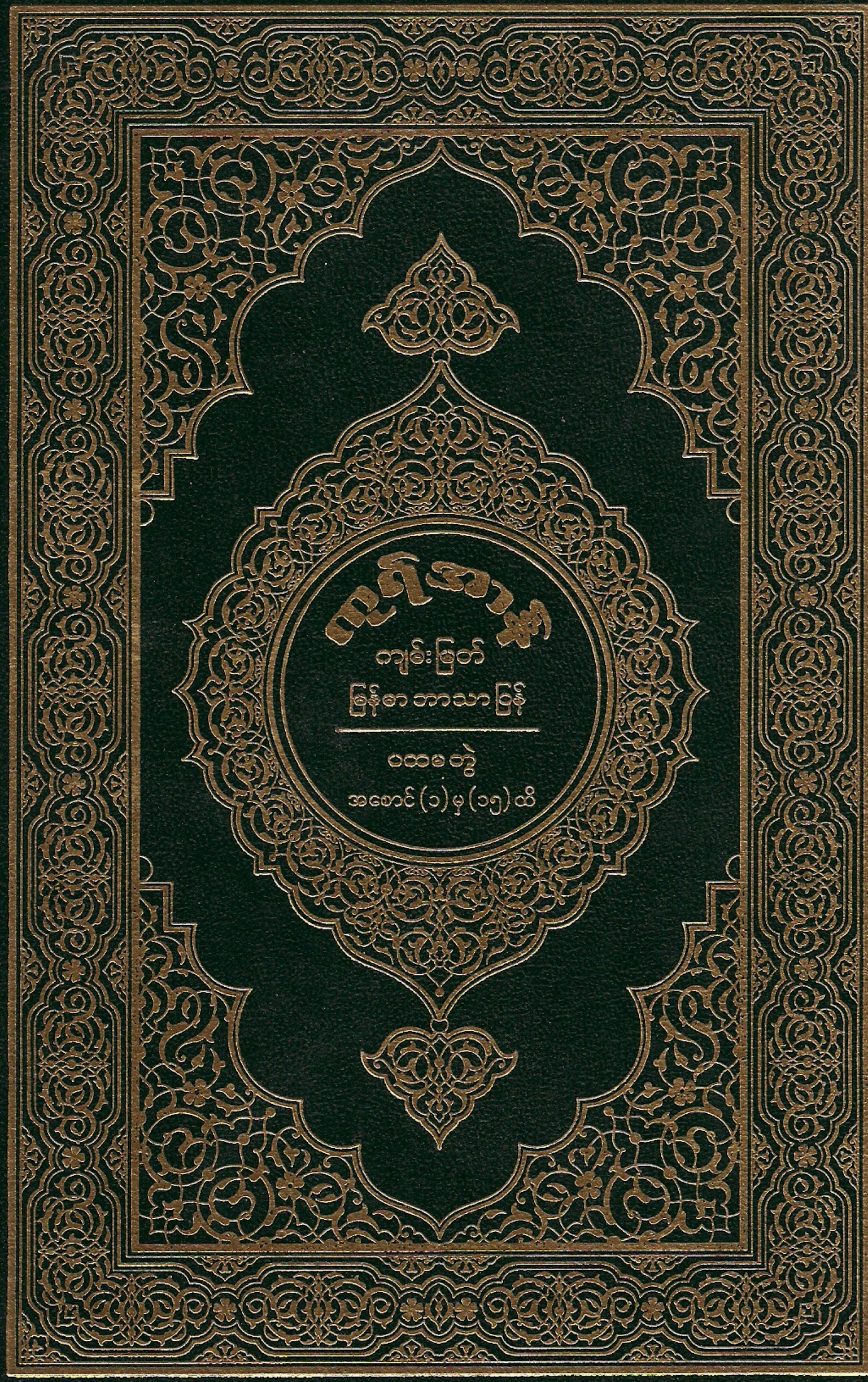
+(Small).jpg)
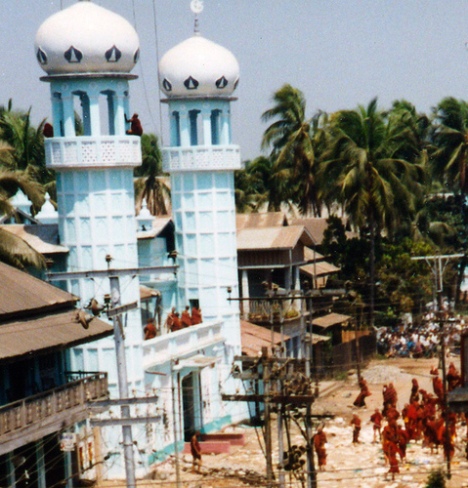

You must be logged in to post a comment.